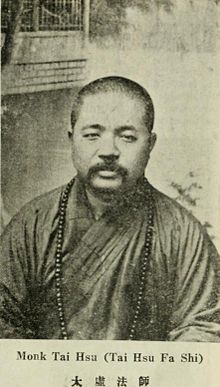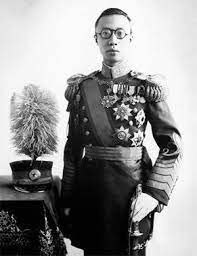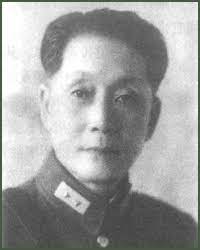T'ai-hsu (8 January 1890-17 March 1947), Buddhist monk of the wei-shih [consciousnessonly] school who led a movement to reform and modernize his religion. He headed the Wu-ch'ang fo-hsüeh yuan [Wuchang Buddhist institute], edited the Hai-ch'ao-yin, and established such organizations as the World Buddhist Association. Although his native place was in Ch'ungte, Chekiang, T'ai-hsu was born […]











